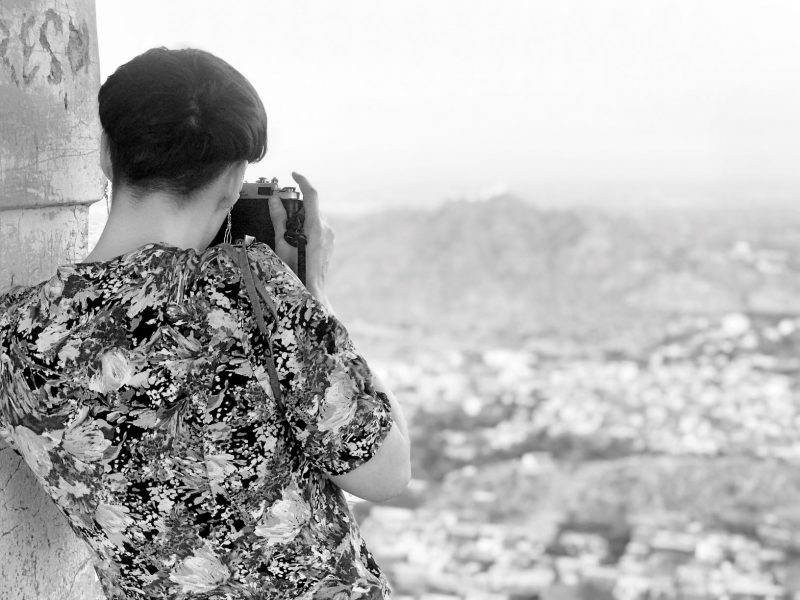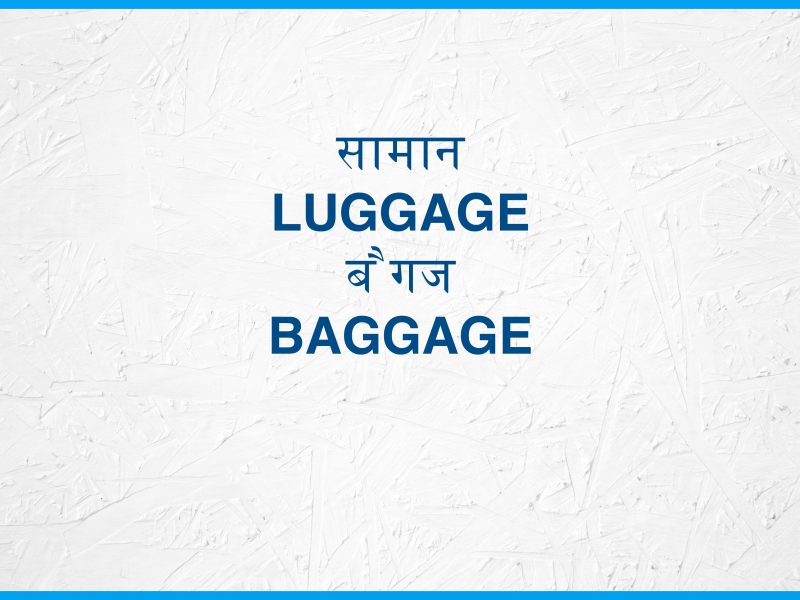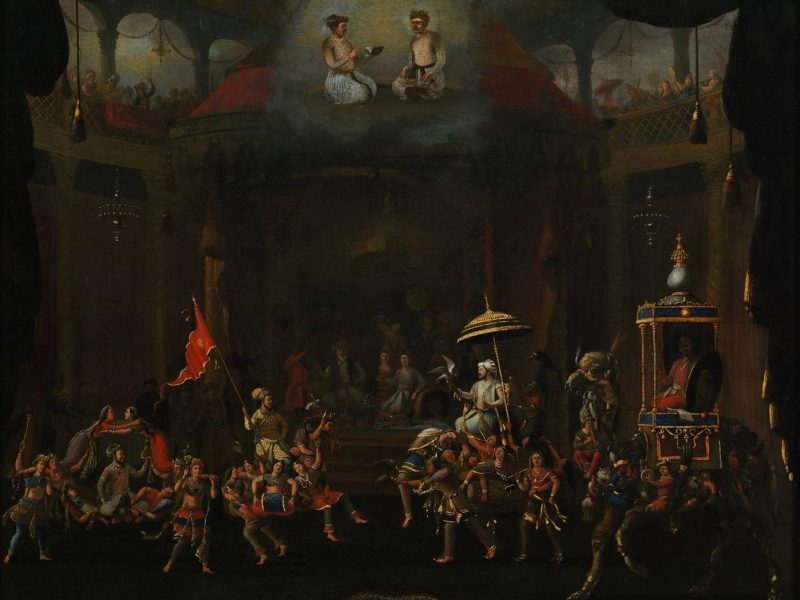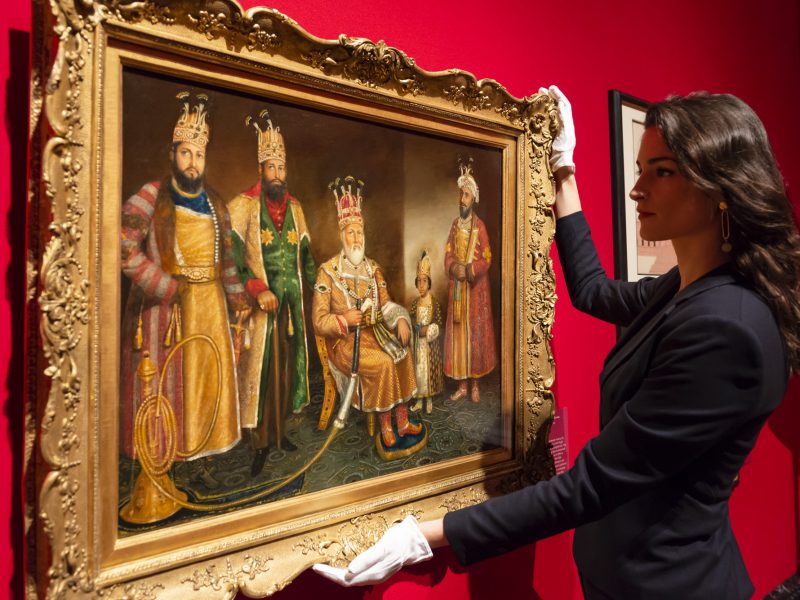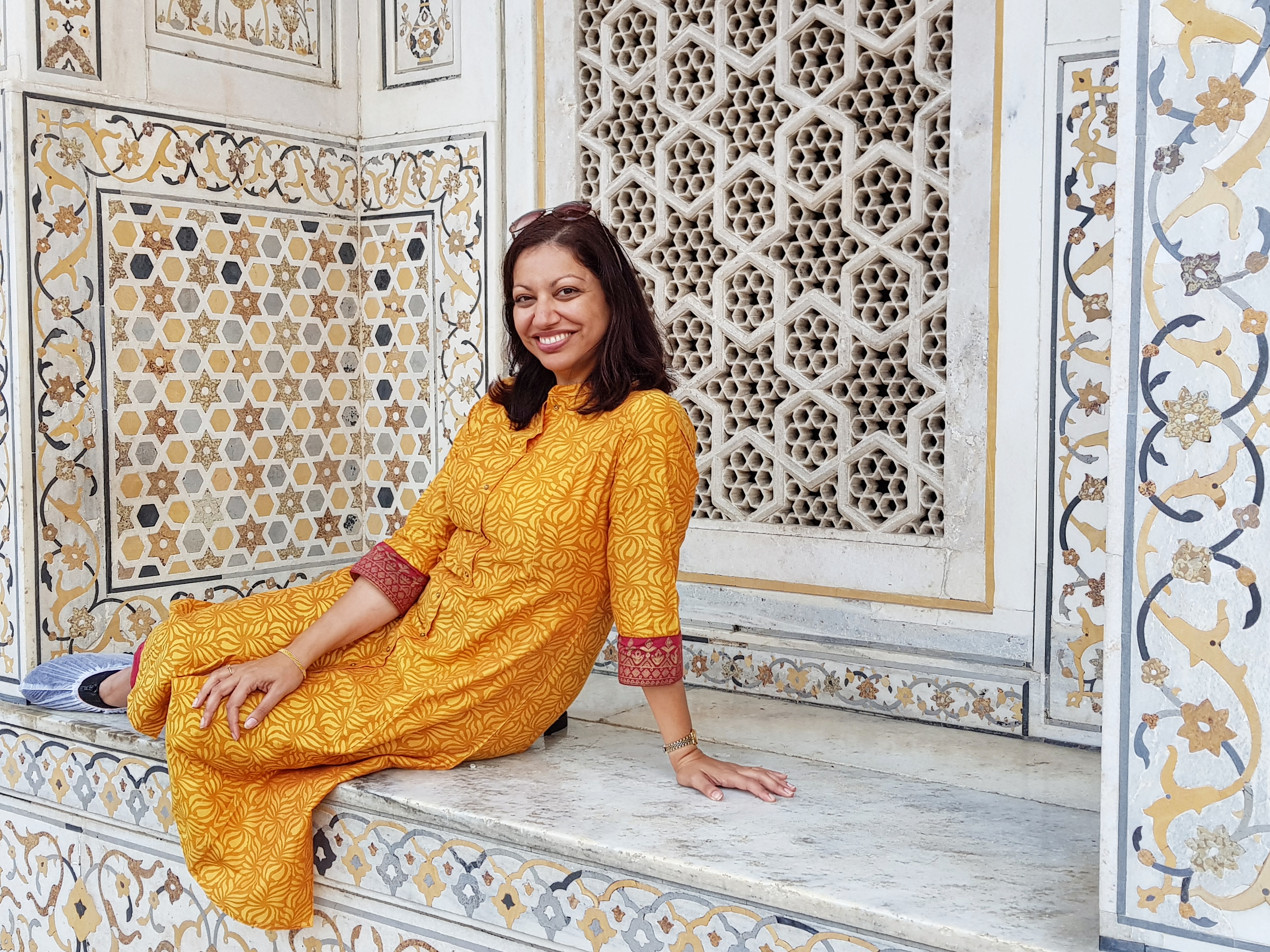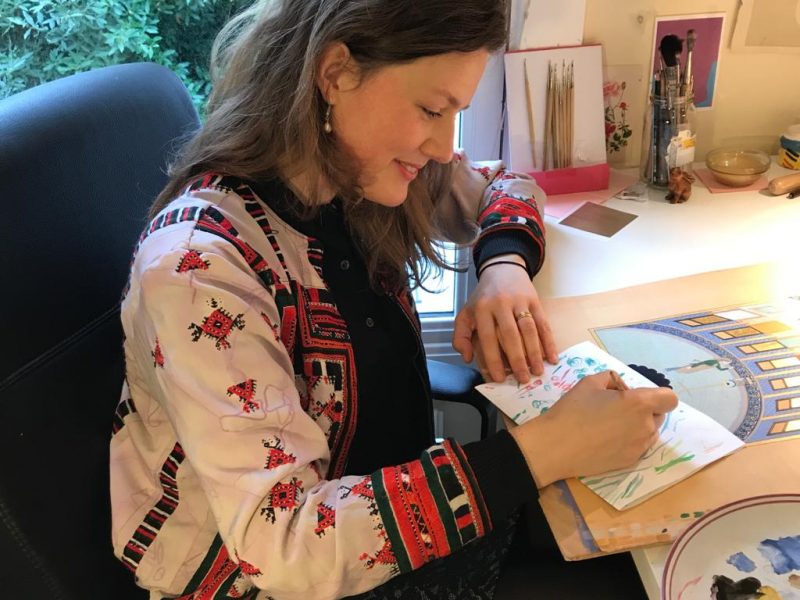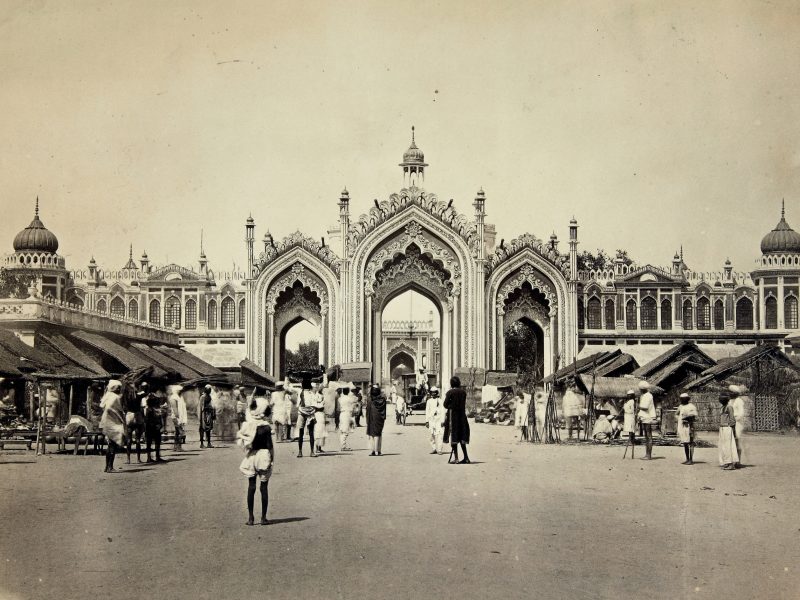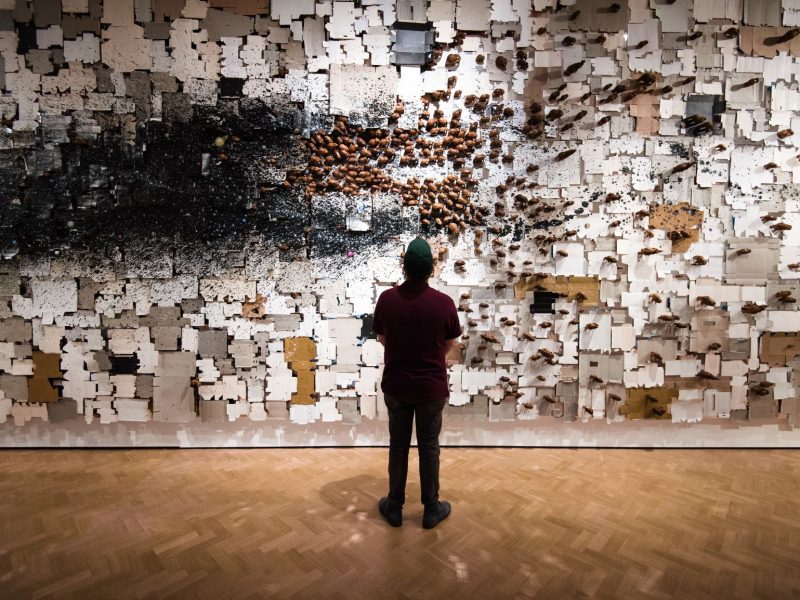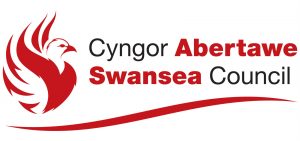Wednesday 22 April 2020 - Friday 22 May 2020
10:00 am - 5:00 pm
Imperial Subjects: (Post)colonial Conversations between South Asia and Wales, took place online in May 2020 and was led by British Art Network bursary awardee Glynn Vivian Art Gallery, Swansea, and South Asian Art Historian Dr Zehra Jumabhoy, Associate Lecturer at the Courtauld Institute of Art, London.
Put together in collaboration with Professor Daniel G. Williams, Swansea University, the series aimed to contest stereotypical narratives about Britain, South Asia and colonialism. These seminars mark the beginning of the build-up to a major exhibition at Glynn Vivian Art Gallery, featuring contemporary Welsh and South Asian artists in 2022.
The seminars took place in English. Each seminar has been recorded and is available to view on Glynn’ Vivian’s YouTube channel. A full transcript is also available in English and Welsh.
This seminar series is funded by and forms part of the programme of the British Art Network. The British Art Network is led and supported by Tate and the Paul Mellon Centre for Studies in British Art, with additional public funding provided by the National Lottery through Arts Council England.
“The real voyage of discovery consists not in seeking new landscapes, but in having new eyes.” – Marcel Proust
Dr Zehra Jumabhoy writes, “The seminar series has brought to the fore heated conversations about Britain’s Imperial past. How should Britain deal with its burden of guilt; how must it de-colonize itself? Do we destroy the monuments to those who benefited from colonialism or put them into museums to discuss them? Do we raze the past to the ground or explore how it continues to haunt us?
“At the heart of this debate is the necessity of remembering: there is no making reparations for the past if what it contained remains opaque. Moreover, as Wales, Ireland and Scotland, struggle for their own identities within ‘British-ness’ how should their various roles in the Imperial project be accounted for? There is a burning desire in Wales to address the way it contributed to, benefited from and, even, suffered for Britain’s Imperial ambitions. Is Wales England’s last colony?
“The following sessions confronted Britain’s multivalent relationship with the Subcontinent. It could not have been timelier: the Seminar Series ended just as all kinds of “imperial subjects” burst painfully onto the global stage.”
Watch the Seminar Series on You Tube
Seminar One: Exploring Colonial Conversations
This seminar explored encounters between Britain and South Asia via the cross-cultural and multi-disciplinary practice of three artists. India-based performance artist Nikhil Chopra, Wales-based photographer Peter Finnemore and Mauritian Shiraz Bayjoo explored themes of identity, migration, colonisation and collaboration, paying particular attention to Swansea’s current status as the second city of Sanctuary.
Peter Finnemore, Artist, Looking for Signs
Nikhil Chopra, Artist, Be Like Water
Dr Cleo Roberts, Writer, Contemporary South and South East Asian Art, Reclaiming Nature
Seminar Two: Miniatures and the West
This event included a curator, an art historian and artists (Jethro Buck & Elisabeth Deane) who discussed the two-way traffic between painting in the Mughal courts and Anglo-European styles. Moreover, this Seminar highlighted that interaction between British and South Asian art is not a thing of the past: the Mughal-inspired paintings of Buck and Deane, who studied under master miniaturists in India, stand testament to this.
Seminar Three: The Robert Clive Collections and Gifts Re-Examined
The ways in which historic house collections have been acquired can be troubling and controversial to a 21st century audience. As the recent controversy about Robert Clive (aka Clive of India) and his resplendent bronze statue in London’s Whitehall makes clear, the Clives’ centrality to kick-starting the British Empire in India and their subsequent accumulation of Britain’s most substantial collection of colonial ‘loot’ in the process (currently housed in Powis Castle in Wales) urgently needs to be addressed.
Dr Kieran Hazzard, Clive Collection Project Post-Doctoral Researcher & TORCH Associate Early Career Fellow, University of Oxford. The Clives & India: Collecting, Display and Colonialism
Nisha Duggal, Artist in Residence, National Trust: Powis Castle
Seminar Four: Cultural Interactions
South Asia and Wales have had a long liaison, stretching back to the earliest years of Britain’s socio-political infiltration of the Subcontinent. Yet, for all its richness, this relationship – like much else when it comes to Britain’s acknowledgement of Wales – has been overlooked. This Seminar, chaired by Professor Daniel G. Williams, and including leading academics from the US & Wales explored the cultural, religious, political and mercantile conversations between South Asia and Wales.
Professor Gauri Viswanathan, Columbia University. Raymond Williams
Categories

